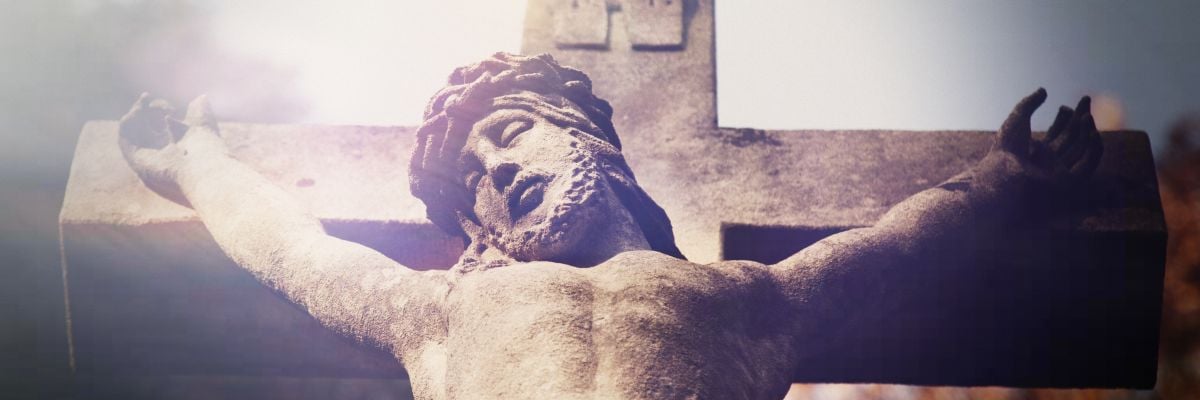
Question:
Answer:
Yes, Patripassianism is a heresy. As Jimmy Akin explains in this article, it derives from the heretic Sabellius, who believed there was only one divine person who expressed himself in three divine modes. Thus the terms “Modalism” and “Sabellianism.” From this heresy stemmed another heresy, namely, that the Father suffered on the Cross in the mode of Jesus Christ. As Jimmy explains:
It was further recognized that if the Father, Son, and Holy Spirit were all “modes” of a single divine Person, it followed that the Father, being the same Person as the Son, suffered and died on the cross, and so in the West this heresy became known as “Patripassianism.”
Your proposal is a variation on this erroneous belief. You recognize the existence of all three persons in the Holy Trinity, but propose that the Father could’ve suffered as a divine person with his Son Jesus during Jesus’ Passion and Death. However, only Jesus suffered the agony of his Passion and Death, as only Jesus took on a human nature (see Matt. 26:36-46; Luke 22:39-46).
To be sure, God died on the Cross, but it was a human death and thus only the divine person Jesus suffered, not the Father or the Holy Spirit. The divine persons in the Holy Trinity are necessarily invulnerable to suffering in the divine nature they each wholly possess as one God. If it were otherwise, they would not be omnipotent divine persons and thus not God, because they would be vulnerable to an external cause greater than they.



